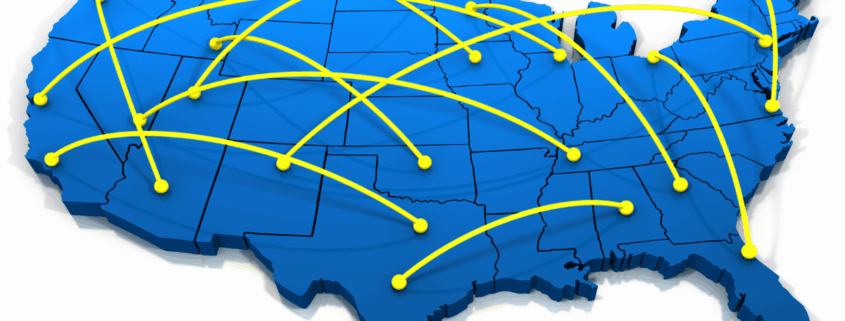What Is UIFSA? Enforcing Your Support Arrangement Across State Lines
When your ex-spouse moves across state lines after a divorce, you may wonder how the resulting distance may impact court-ordered child support or spousal support. The Uniform Interstate Family Support Act (UIFSA) and related policies protect the enforcement of such orders across state lines. Learn how this act might apply to your case and how to enforce your support arrangement across state lines.
Understanding the UIFSA and Support Orders
The Uniform Interstate Family Support Act provides a legal framework for enforcing and establishing child support and spousal support orders across state and international borders. It enables states to work together to register, enforce, and modify support orders when the relevant parties live in different states, overcoming traditional barriers to interstate court order enforcement.
The act also provides guidelines on registering a support order from one state in another state for enforcement and ensures that there is only one order in effect at a time. Generally, under the UIFSA, the state in which the support order was issued retains jurisdiction over support-related matters. If issues arise after both parents have moved to different states, the child’s state of residence would then have jurisdiction.
How Do You Enforce Orders Across State Lines?
If your ex-spouse has recently moved to a different state, this does not mean they can circumvent their child support or spousal support obligation. You can take steps to enforce the order under the UIFSA.
Start by contacting your local child support enforcement agency, which can coordinate with the interstate jurisdiction to enforce the order.
You may need to provide documentation, such as copies of the child support order, the non-custodial parent’s payment history, and any modifications to the order. If you do not know the location of the non-custodial parent, the child support agency can utilize federal tools to help locate them, such as the Federal Parent Locator Service (FPLS).
Collecting Owed Support Across State Lines
If your ex-spouse has missed support payments after moving across state lines, your family law attorney can help you determine your next steps. You might file a motion for contempt of court, which could lead the court to penalize your ex-spouse for the non-payment and intervene to collect payments moving forward.
The family court has the authority to use several methods to collect payments:
- Garnish your ex-spouse’s wages and deduct payments from them
- Intercept your ex-spouse’s tax refunds and subtract the owed payments from them
- Deny passport renewals until your ex-spouse has made back payments
- Seize your ex-spouse’s assets from bank accounts to pay the support they owe
Seek Assistance From a Family Law Attorney
Enforcing child support or spousal support across state lines can feel complicated. A family law attorney can help you understand the UIFSA and how it applies to your case.
Karen Ann Ulmer, P.C., represents clients across a range of complex family law cases. Contact us today at (866) 349-4461 to request a confidential consultation with our team.












